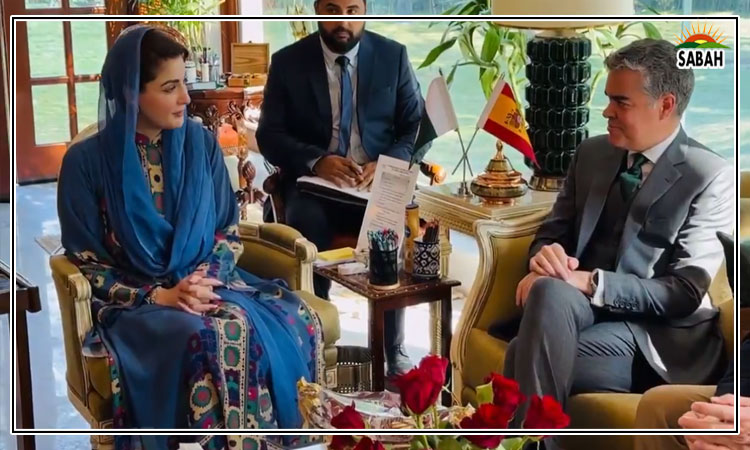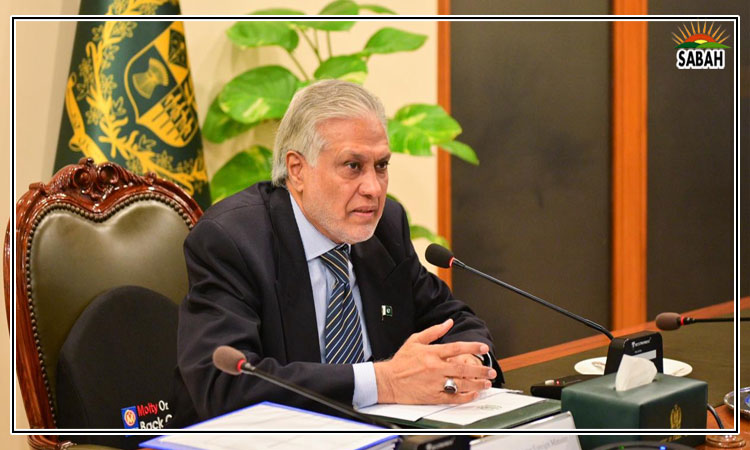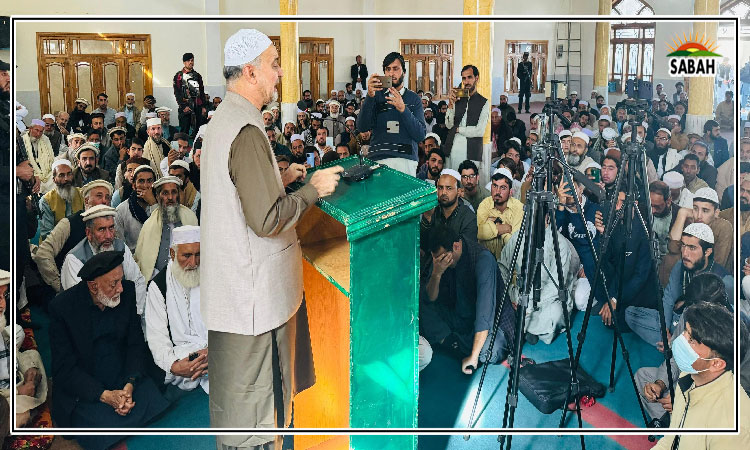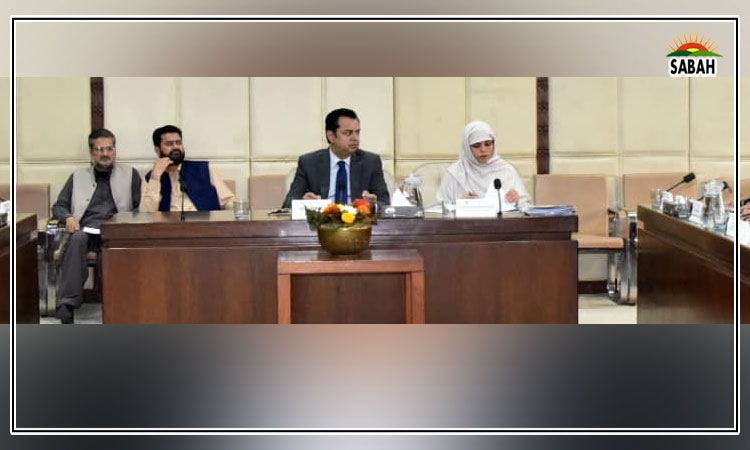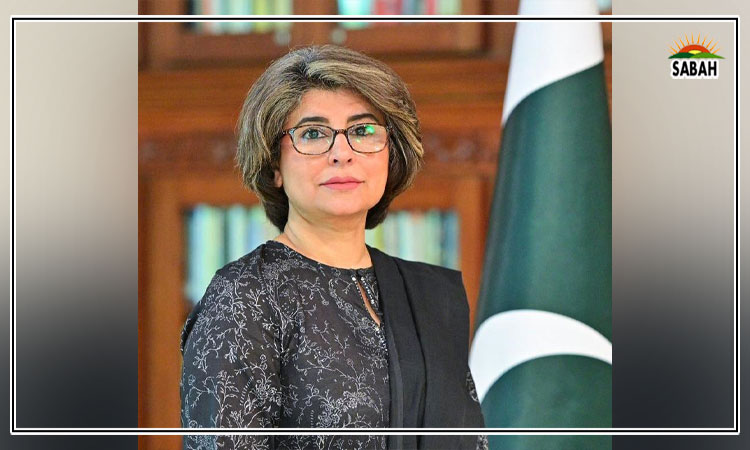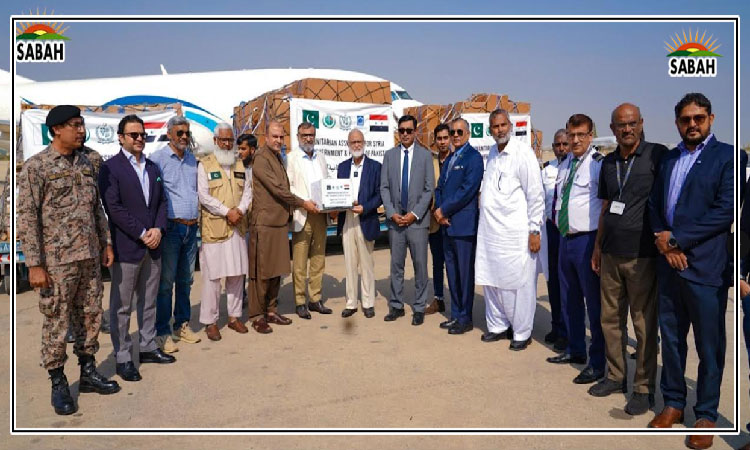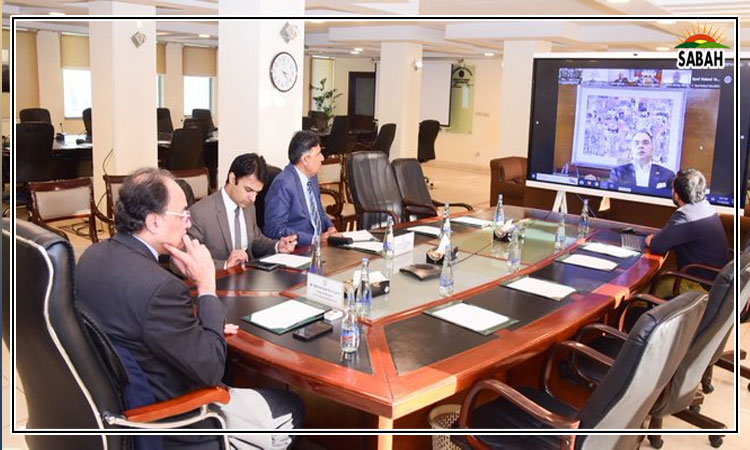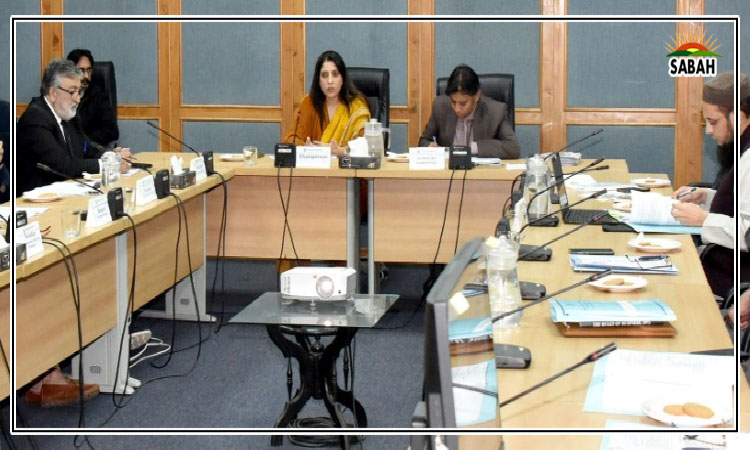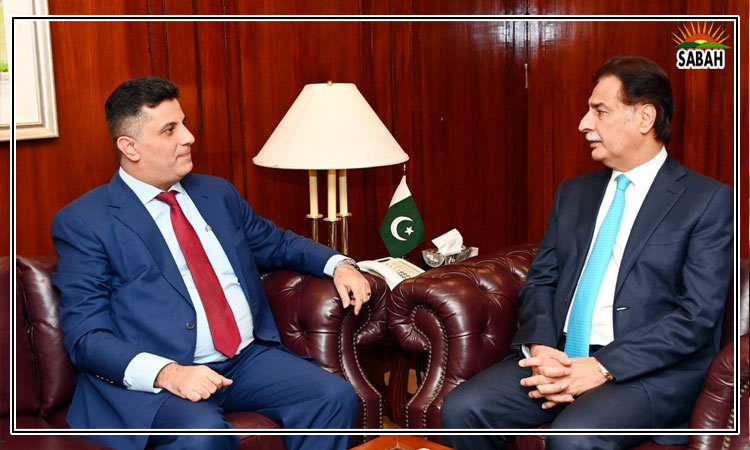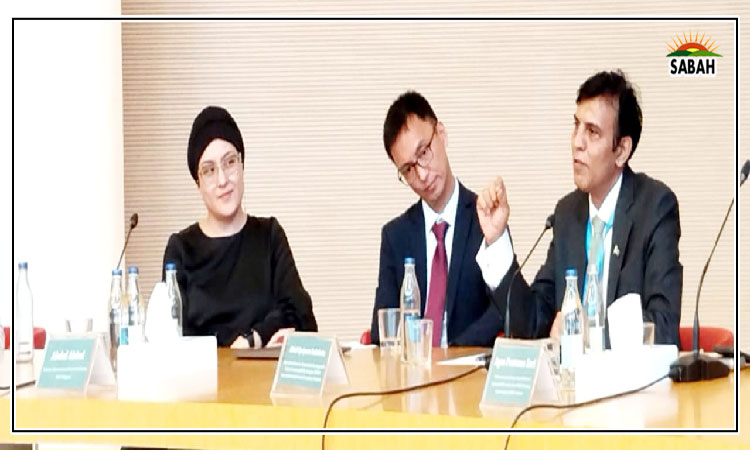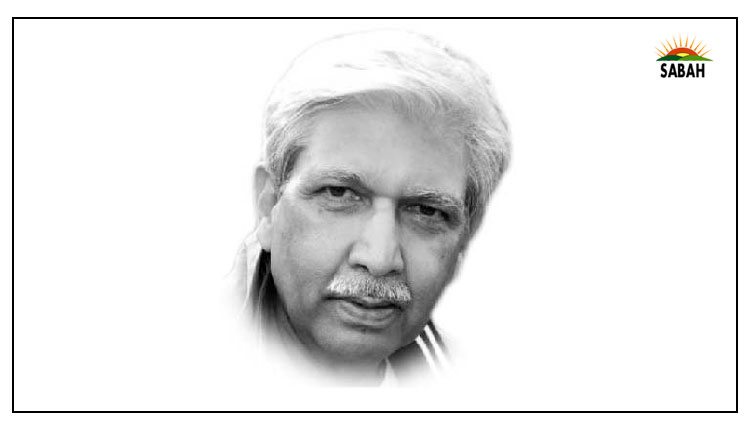The way ahead… Shahzad Chaudhry
The famous poet Anwar Masood is a proud son of the soil from my beloved Gujrat. His Punjabi poetry carries the typical chasteness of the dialect that we use around the upper reaches of River Chenab. He laments: Rizq, siasat, ishq, kaweeta; Kujh vi khalis rehn na dita; Saari khaid vanjha baithay aan (lost the plot); Doodh vich sirka pa baithay aan; Sochi paye aan hun ki kariye; Ji karda si votan paayie; Martial law toun jaan chuddaiye; Votan shotan pa baithay aan; Sochi paye aan hun ki kariye; Sauda koi pujda naahin; Rasta koi sujhda naahin (lost the way); Rastay de vich aa baithay aan; Sochi paye aan hun ki kariye. It is just so remarkable a verse that I recommend it to all. Google-translate it to enjoy the aptness of it for all times explaining the context which has become our perpetual refrain. If one is a Punjabi speaker, or has even a perfunctory familiarity with it, the crux is easily discernable.
If the last few days of the parliamentary politics one can see the way it is going to go. The context is established for the near future and given the ground realities that shape the context any amount of effort to change it is futile. Accept it as it is despite the wrongs that a political party perceives to have been subjected to and move the scale forward incrementally to restoration of normalcy when things are broken bad, it takes a while getting them back to work. With the majority party languishing in the opposition a patently minority government needs adjusting to as a fruit of parliamentary labour. Yes, moral exactitude would have you grant the majority party the right to form a government, and that could be PTIs genuine quibble, but when all others combine to outnumber a larger shareholder in a democratic structure, the legality is settled. Given Pakistans and PTIs peculiar predicament consolidation and restoration should become the guiding parameters. It may well be in the benefit of all.
The electorate left us a split mandate in Punjab where the final script for any political exercise takes shape. There are two theories which explain what happened and why. The first suggests that PTI would have been eliminated electorally in K-P as well, but it was just too big to rig. The more rustic Rehana Imtiaz Dar, Usman Dars mother and Khawaja Asifs nemesis in Sialkot, explains it in more graphic terms but I will pass that to not ruffle feathers; we need cooling off. The second suggests that a divided mandate in Punjab cedes only so much political control away leaving any victory tenuous. Or like K-P only so much could have been done in Punjab. Beyond it would have made it too obvious. All other provinces carried the mandate organic to its peoples will. Balochistan is so fragmented politically, it always enables orchestration for good or for worse.
With this kind of split PTI closed the possibility of any alignment by refusing to talk to the PPP who first offered them the olive branch even if it would have been the easiest route to its principal political objective getting Imran Khan out of jail. Self-imposed altruism and unrealistic rhetoric came in its way. Hence the adage: Be careful of what you say, it will come back to haunt you. Is it the only political objective PTI has? If so, bankruptcy of political thought and purpose is writ large at all levels in the party. K-P has given the party a landslide, Punjab came out in remarkable numbers even if the results did not truly represent peoples will. They all deserve to be governed well and relieved of ordeals in their lives. This will need five years of dedicated and committed governance and policy articulation. The mandate should not be frittered away in wasteful political and institutional battles. Freeing IK as an objective is kosher enough but there are political means to that end. Surely going to war with odds stacked against is purposeless frittering away of capital. Somewhere, blind adulation must give way to common sense.
We remain at crossroads. Elections have not absolved us of the pain that we have endured in the recent years, with every likelihood that a weak government in a minority coalition will only perpetuate the pain. Where it might lead to is anyones guess uncertainty beckons. Ideally, a national unity government would have been a preferred means to navigate through troubled times. This one gets seen as the continuation of the PDM and the interim set-ups as we struggle through the morass. Given the nations predicament and the context it seems the only option. A purist may balk but think of it as a long transition that we have the misfortune of imposing on us, and it just might make it palatable. Democracy is still far out but hopefully it will get us there.
So, for the PTI when the winds are not fair and not in their favour, they must focus on consolidating their gains, avoid an overkill, bide time and wait for their turn. There is a lot to look forward to as the electorate delivers in their unequivocal message. A key province in their control needs peace, calm and ease in its peoples lives. PTI must turn this into an opportunity to set an example. Five years of dedicated work will help PTI reclaim its centrality even if PMLN finds a new life under Maryam Nawaz and Bilawal Bhutto continues his run as a formidable foe. Use the time to focus on being relevant to the future of Pakistan than seek instant redemption.
There should be two immediate concerns of the PTI: to resolve omissions in the Constitution, and the laws and rules based on it, especially those that stand corrupted or misrepresented in application. The PTI would also need to be a party to the process of significant judicial reforms which should obviate any external influence in its functioning and return to courts their credibility and independence. The Election Commission needs a major reset and restructuring in its powers and independence to obviate influence from the executive. On these two is based the credibility of any democratic political system. These will materialise only if a favourable work environment can be garnered in the parliament. That alone should interest PTI sufficiently in making the parliament work.
To re-seek power even if it is denied to them in this turn the PTI must wait for those in power to fail. Hence, patience. If those in power do good, Pakistan will do good. That will make the next election engagingly exciting between sides claiming popularity in sentiment and a stake around performance. If not, early elections will be forced. Pakistan needs that chance. All battling for power need to respect that.
Courtesy The Express Tribune


